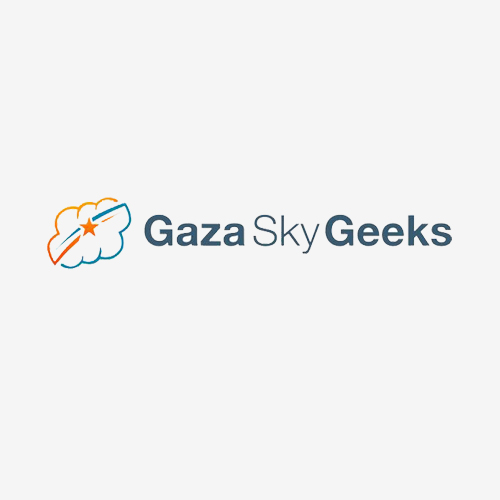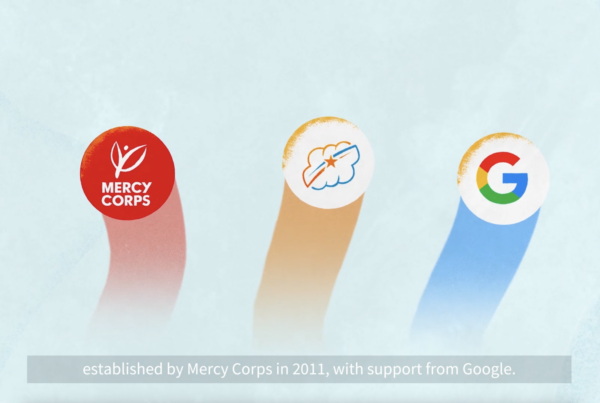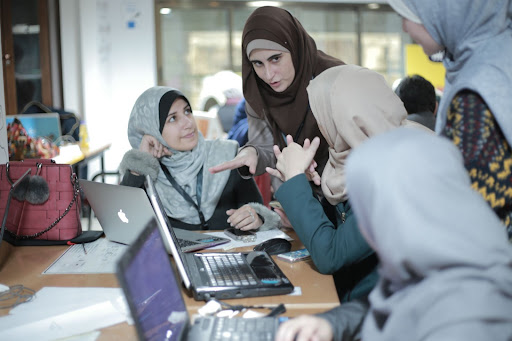MasterCard teams up with GSG to Overcome Online Payment Hurdles
Background on the current e-payments situation in Gaza
Sending and receiving online payments is one of the major obstacles faced by Gazan freelancers and entrepreneurs. After working tirelessly to win business in the global marketplace, they then must pay steep fees for wire transfers or foreign banks to get paid. A frequently observed barrier is regulation that restricts the transfer of payments between countries. Direct bank‐to‐bank transfers are often limited by high costs as well as by international antiterrorism and anti-money laundering regulations — particularly when transferring money to Gaza. What further complicates the problem is that local banks in Palestine refuse to open checking accounts for freelancers who are not formally employed. PayPal does not work in Palestine and hence does not yet allow direct payment to individuals. Other alternative platforms such as Payoneer (Prepaid MasterCard) are available, however, local banks impose additional fees when withdrawing by Payoneer card from their ATMs adding additional costs on freelancers’ earnings.
To tackle this issue, GSG teamed up with Mastercard via their “Paying It Forward” program and brought out two volunteer employees to spend two weeks in Gaza and the West Bank in order to investigate all the available options for e-payments, the obstacles of processing online payments , and possible solutions. The duo had a full schedule filled with meetings with local monetary authorities, banks, law firms, local money transfer shops, entrepreneurs, freelance agencies, incubators and accelerators of the region as well as individual online freelancers.
The outcome will be a set of actionable recommendations on the most cost efficient international payment solutions , as well as creative solutions that Gazans can utilize to more efficiently and inexpensively utilize existing bank and non-bank solutions to receive payments in Gaza. GSG is thrilled to have harnessed this expertise to tackle this major barrier and look forward to making headway on it in 2018.



